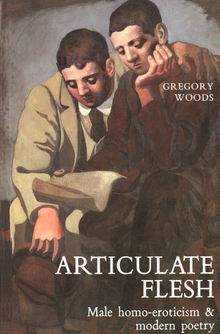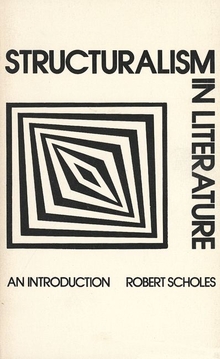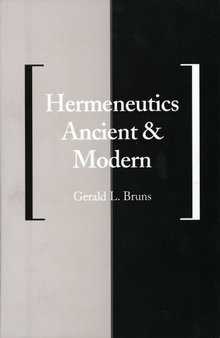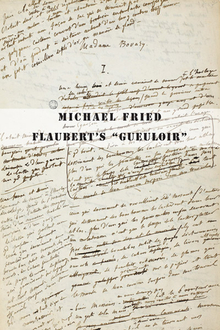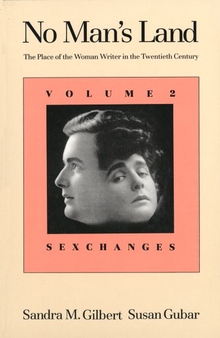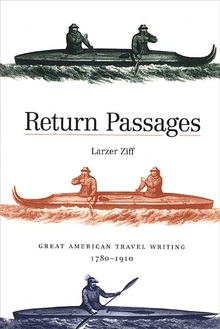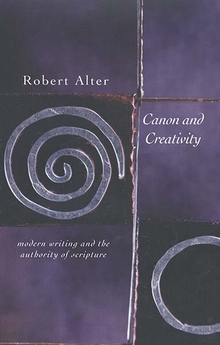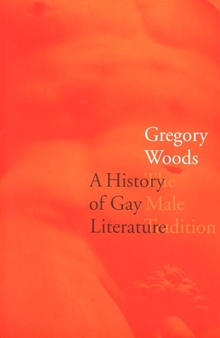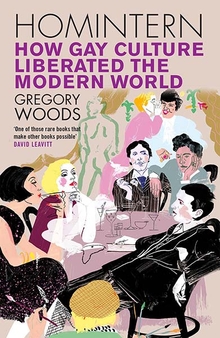Articulate Flesh
WARNING
You are viewing an older version of the Yalebooks website. Please visit out new website with more updated information and a better user experience: https://www.yalebooks.com
Male Homo-Eroticism and Modern Poetry
Gregory Woods
Arguing that homosexual poetry is part of the mainstream of poetic writing—not a distinct and differentiated category within it—Gregory Woods provides a fastidious study of homosexual poetry in the twentieth century that emphasizes the homo-erotic themes in the works of D.H. Lawrence, Hart Crane, W.H. Auden, Allen Ginsberg, and Thom Gunn. Woods’s controlled and elegant study demonstrates that a critic who ignores the sexual orientation of a poet, particularly a love poet, risks overlooking the significance of the poetry itself.
"This book will contribute significantly to an emerging new phase of gay studies that aims to integrate homosexuality as an integral part of our collective cultural and psychological heritage."—James Saslow
"Elegant, scholarly and brave."—Salvatore Santagati, The Times Higher Education Supplement
"Woods maintains a refreshingly down-to-earth stance throughout, even in his more complex meditations, stressing the factor that makes the primary appeal in this stuff-sex. Certainly a far cry from the image of the fey poet, Articulate Flesh makes accessible a body of work that many still shy away from."—Rupert Smith, Pink Paper
"This book is full of fascinating material intelligently analysed. It's also written in an accessible style."—Jonathan Dollimore, Gay Times
"Woods manages to cover a very large erotic landscape in admirable depth and in a surprisingly readable form. . . . A valuable and enjoyable book."—Donald Busby, Gay Scotland
"Articulate Flesh, teasing with short quotes, certainly sent me back to the poets. It's a hotchpotch of images from a range of sources, well-written, funny at times, often steamy."—Paul Hallam, New Statesman
"Fascinating stuff!"—City Limits
"This book expands our understanding of these poets."—Peter Parker, Times Literary Supplement
"An exciting and much needed addition to the critical scholarship on twentieth-century poetry in English. . . . It is a thorough, intelligent, and restrained study that is free of the understandable defensiveness that tended to characterize a good deal of the gay literary scholarship until recently. And it makes an enormously significant contribution, for it insistently reclaims the homoerotic tradition in literature and, in that process, articulates a new gay aesthetic."—Choice
"A valuable addition to the criticism of contemporary poetry."—Edward F. Grier, Gay Studies Newsletter
"In Gregory Woods's wonderfully steamy as well as scholarly Articulate Flesh he names Kafka's In The Penal Colony as a brilliant evocation of the tattooed body as a form of inscribed canvas. Woods's study draws on a range of poets from the Greeks up to the present day to examine how writers have treated the male as lover, warrior and father. His central thesis is that 'homo-eroticism is a major self-reverential part of male sexuality as a whole,' that the themes he deals with 'exist at the very centre of the mainstream' and 'that their meanings are open to the common reader, straight or gay or neither.'"—Afshin Rattansi, The Guardian
"[An] illuminating contribution to gender studies."—Forrest Tyler Curtain, English Language Notes
"In one of the best works to come out of gay and lesbian literary studies, Gregory Woods argues that reading homosexual poets from the viewpoint of straight males is impoverishing for the reader and the work and that the poetry is enriched for all readers when seen from the perspective of the writer's sexual orientation."—Raymond Bentman, Journal of Modern Literature
"This is an excellent book, perceptive, engaging, and free of jargon."—Edward Lobb, Queen's Quarterly
"[Woods'] readings of homoeroticism in many works . . . supply excellent approaches to the texts. This book is a marvelous text of gay identity and about gay identity, in poetry as well as in fact."—James W. Jones, Southern Humanities Review
ISBN: 9780300047523
Publication Date: September 10, 1990
Publication Date: September 10, 1990
282 pages, 6 x 9

